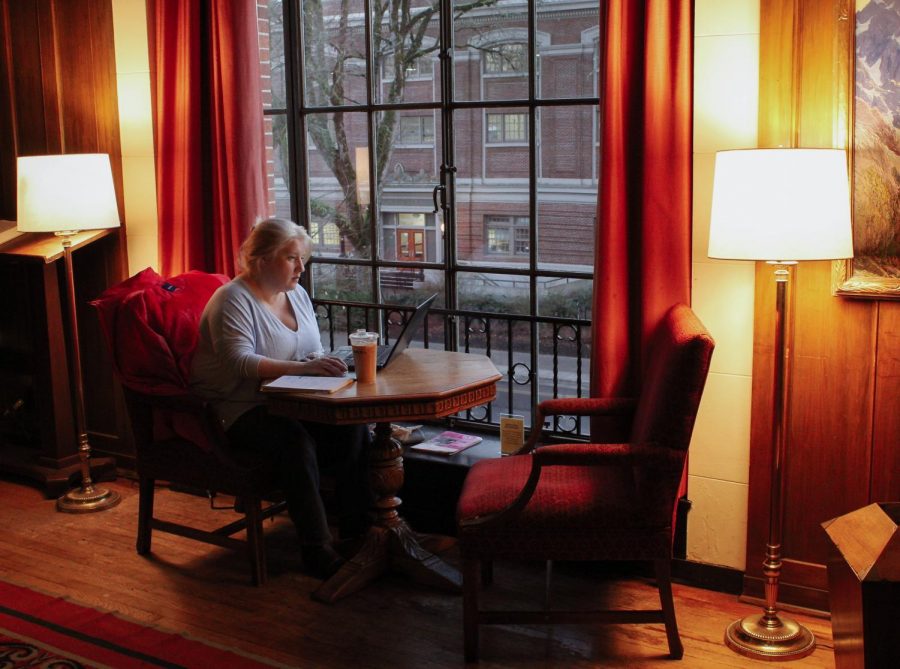Sandvigen: Finding fascination in your favorite college courses is possible
November 27, 2020
In college, there’s going to be classes that blow your mind, and ones you just kind of forgot about. If you’re lucky, you’ll experience even just a few that really opened your eyes to the world.
Attending Oregon State University and most any other college, there’s an expectation to partake in a set amount of classes. This includes classes within your major or minor and usually set classes that fall under the category of Baccalaureate Core. Three sciences here, two math classes there, a few about art and history and the list goes on. Can we as students thread through all this material and find our hidden gems? Absolutely.
No matter what you study there is so much to learn—and so many subjects to choose from. Part of moving into a modern capitalist society meant that we had to become specialized individuals. The artists, the scientists, the engineers, the historians. Our world today operates so quickly and in such mass it’s nearly impossible to keep up—but we rely on each other.
Wherever your passions lie, have an open mind to everything around you. Oftentimes you can find new nuggets of truth in places least expected.
Jacob Albright, a third-year general social sciences major, explained that Humanities 105, of all classes, has been his favorite so far.
“In my freshman year of college, at Washington State [University] I took Humanities 105, an intro class for freshmen to delve into ancient literature. The course itself was interesting, especially as the professor studied the ancient literature which we read through and gave us many interesting takes on it, while also keeping the class interesting and fun.”
Albright also agrees that going over old stories is a great way to expand your understanding of the world. This class for him meant learning not only about ancient texts, but why they are important to understanding the evolution of today.
OSU is mostly known for its STEM programs, science, technology, engineering and mathematics. So personally, as a liberal arts major, I know my program and many others are the minority. With this in mind, no subject or topic should be ranked above the other. The incredible thing about the human mind is that different people find different ways to make sense of the world.
The mind of an engineer is different from that of a writer, but we all find a way to work together nonetheless. As a sociology major, I can say confidently that OSU’s program is doing what it can with what it’s got. Notably, my favorite class I ever worked through was at Portland State University called Contemporary Theory. Basically covering sociology as we know it today and not as it was 200 years ago when it was first thought to be.
As for OSU, I’ve been lucky enough to move through the recently-added Applied Journalism classes taught by Jillian St. Jaques. PSU didn’t cater to journalism and I remember arriving on OSU’s campus for orientation day and seeing a pamphlet for a new journalism minor and I added it my first week of the term.
Within this program, I couldn’t pick just one class, but can speak to the minor as a whole as I finish up my final classes fall and winter term. Having known nothing about journalism coming in as a sophomore, I couldn’t be happier leaving this spring with the vast knowledge I’ve been lucky enough to have been taught. I recommend this minor to all those who are leaning towards a career in writing, journalism, media and communications.
Alekos Hovekamp, a fourth-year chemical engineering student, shares his favorite experience as well.
“My favorite class in college was CHE 332, thermodynamics 2. The class was taught by Professor Milo Koretski who took an approach that focused on deep conceptual understanding rather than rote learning. This class was very intellectually stimulating and thought provoking,” Hovekamp expressed.
Hovekamp also thought the material was focused on basic understanding of first principles in engineering and built upon these first principles to develop higher-level understanding of difficult topics. The concept of fugacity was especially difficult to teach but Koretski did it elegantly making the class exceptional in Konstantine’s eyes.







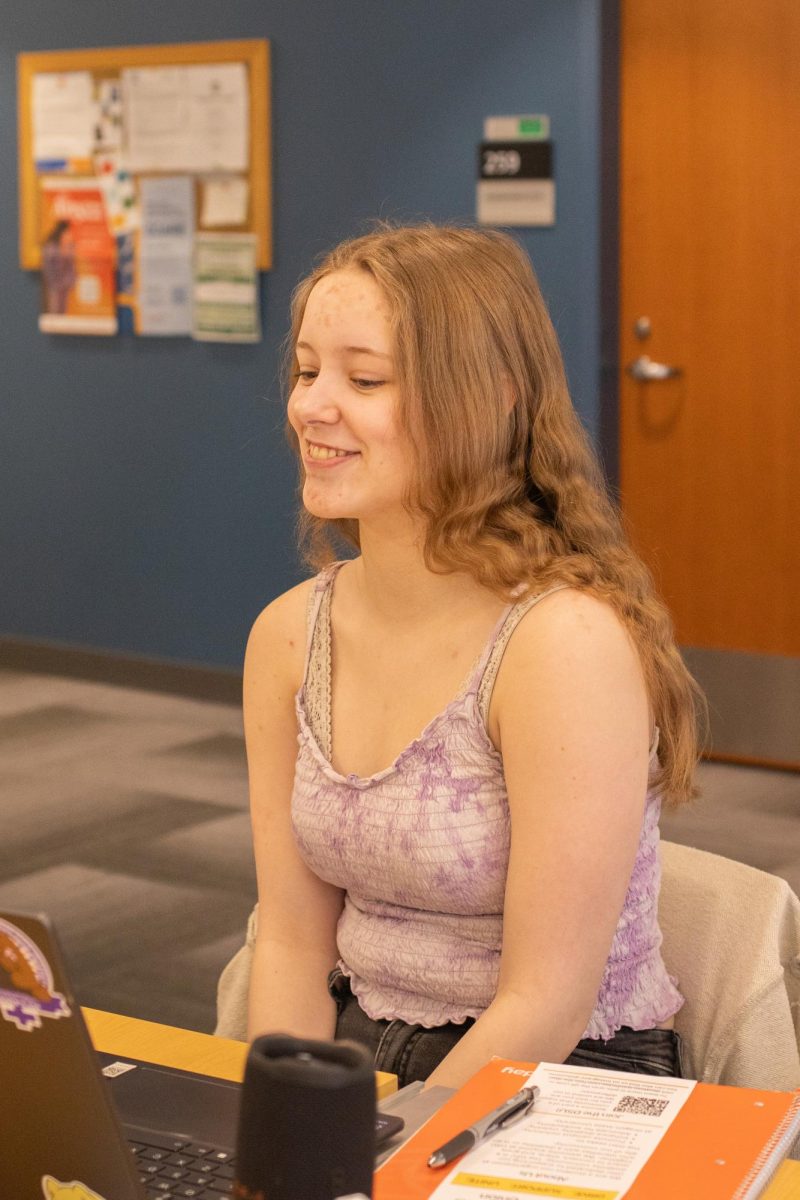
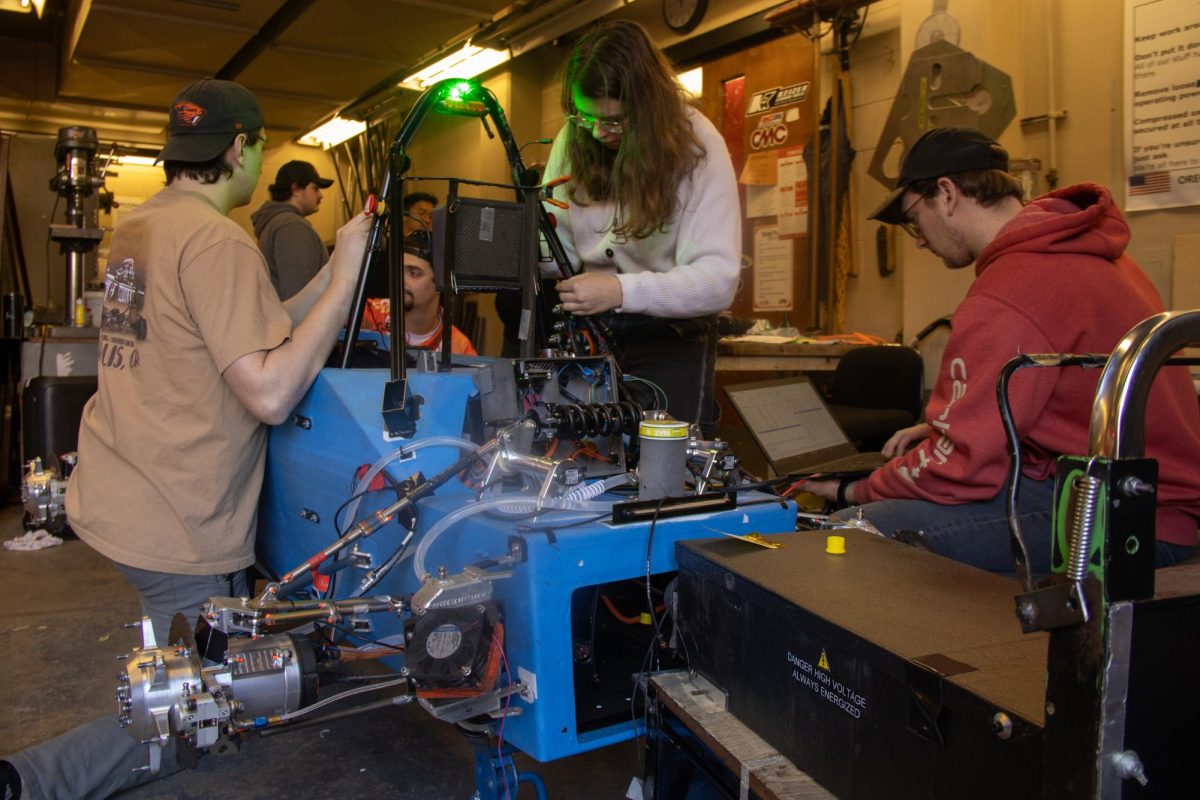
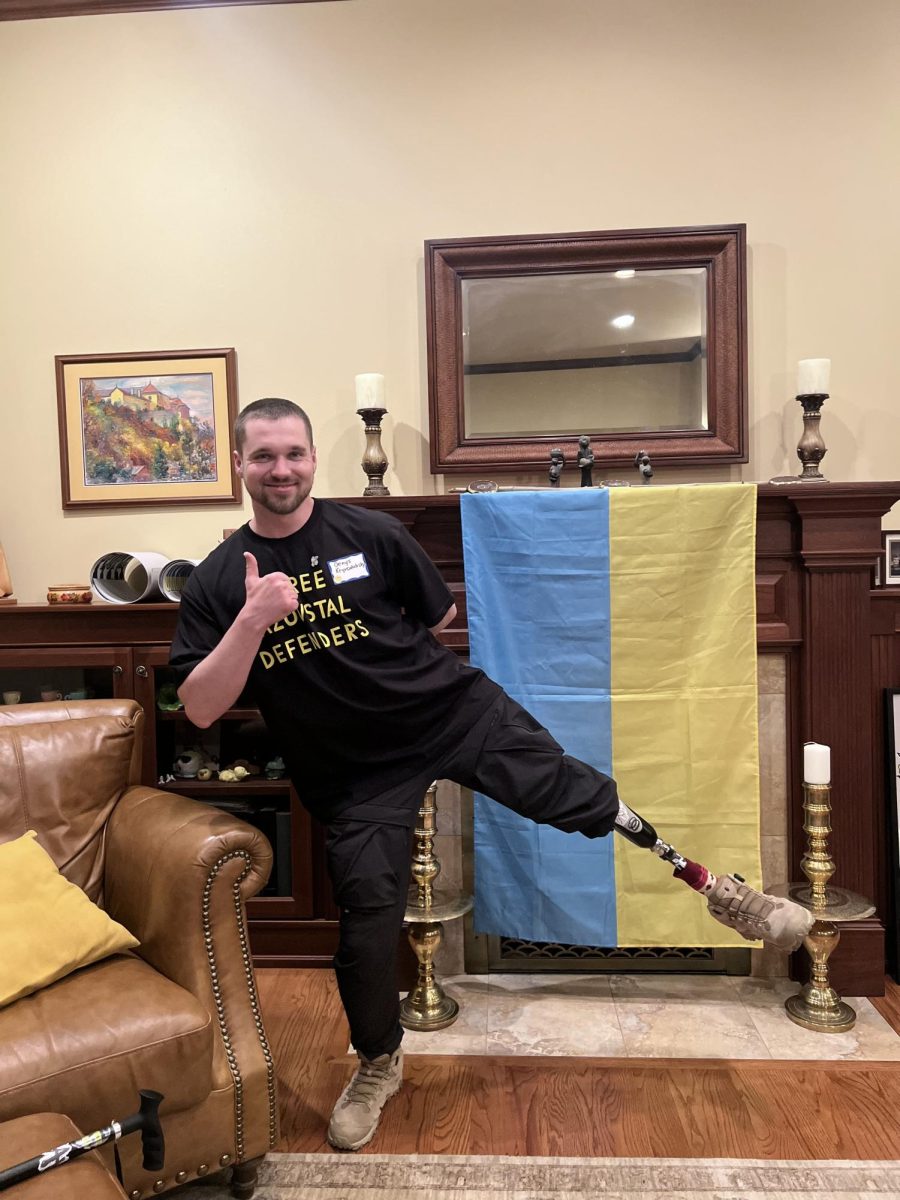
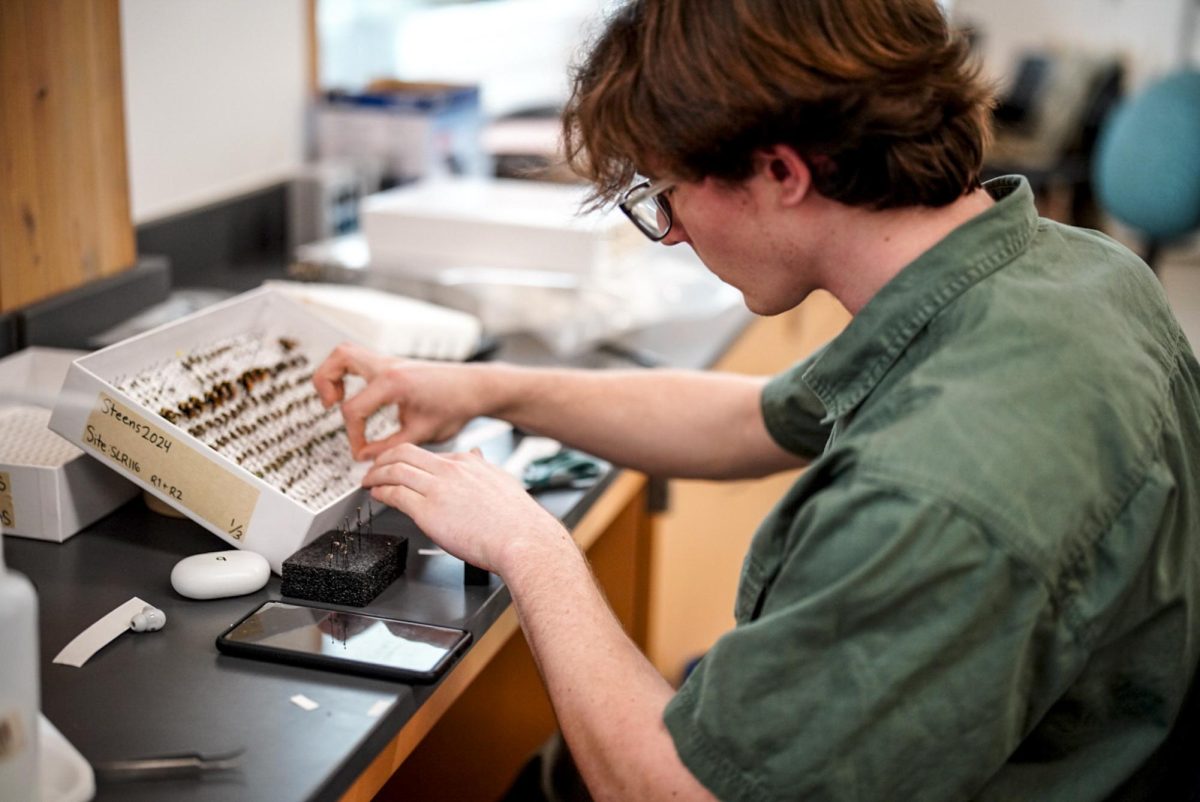
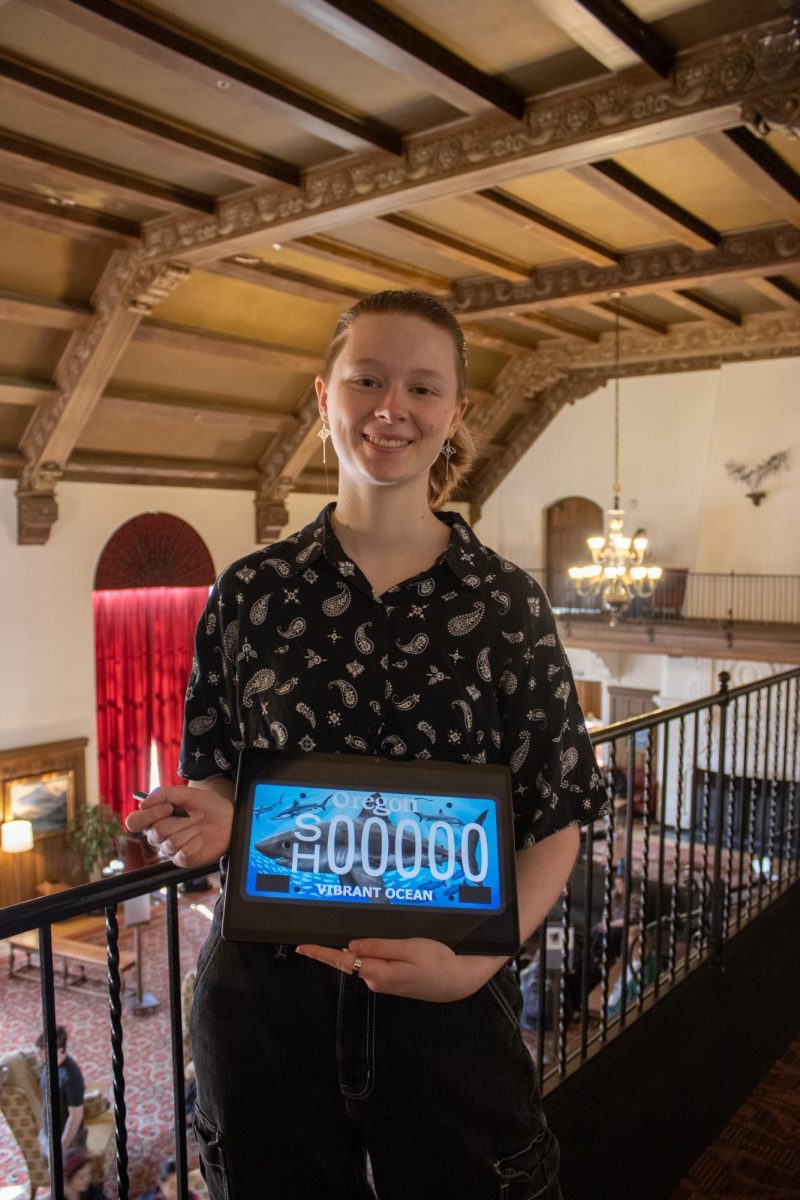
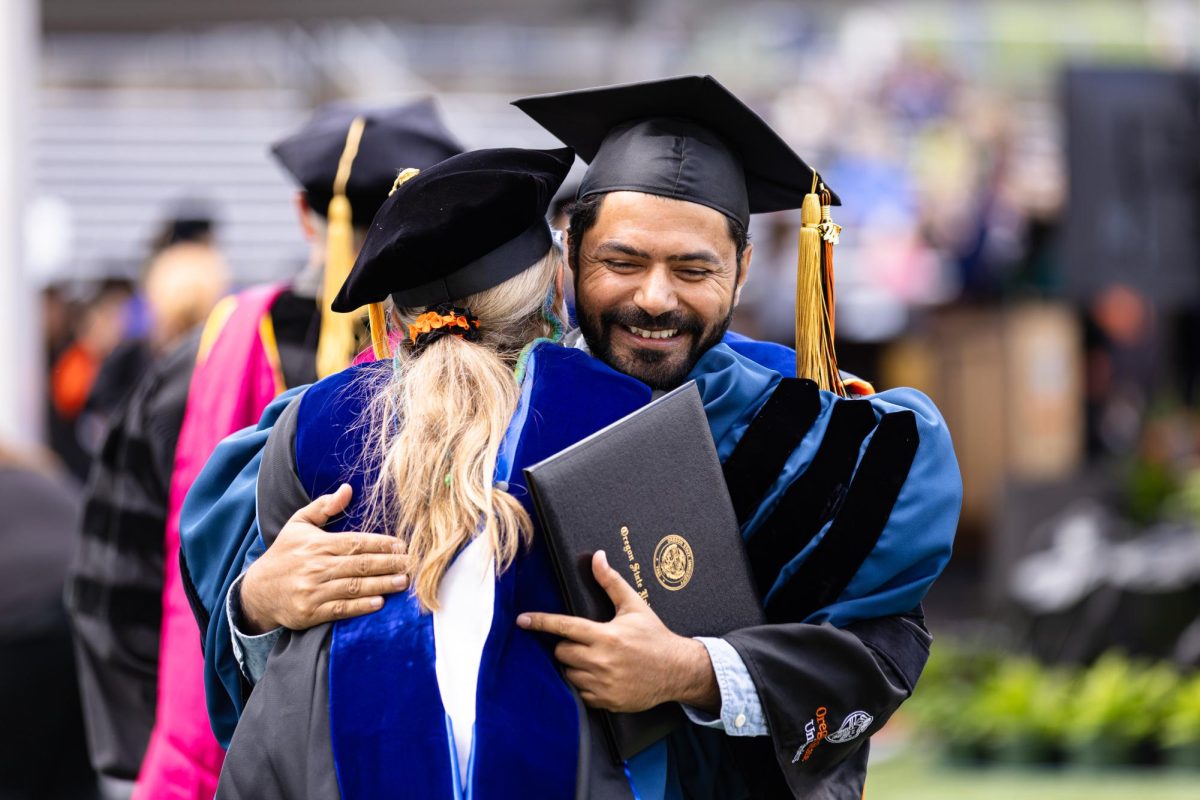
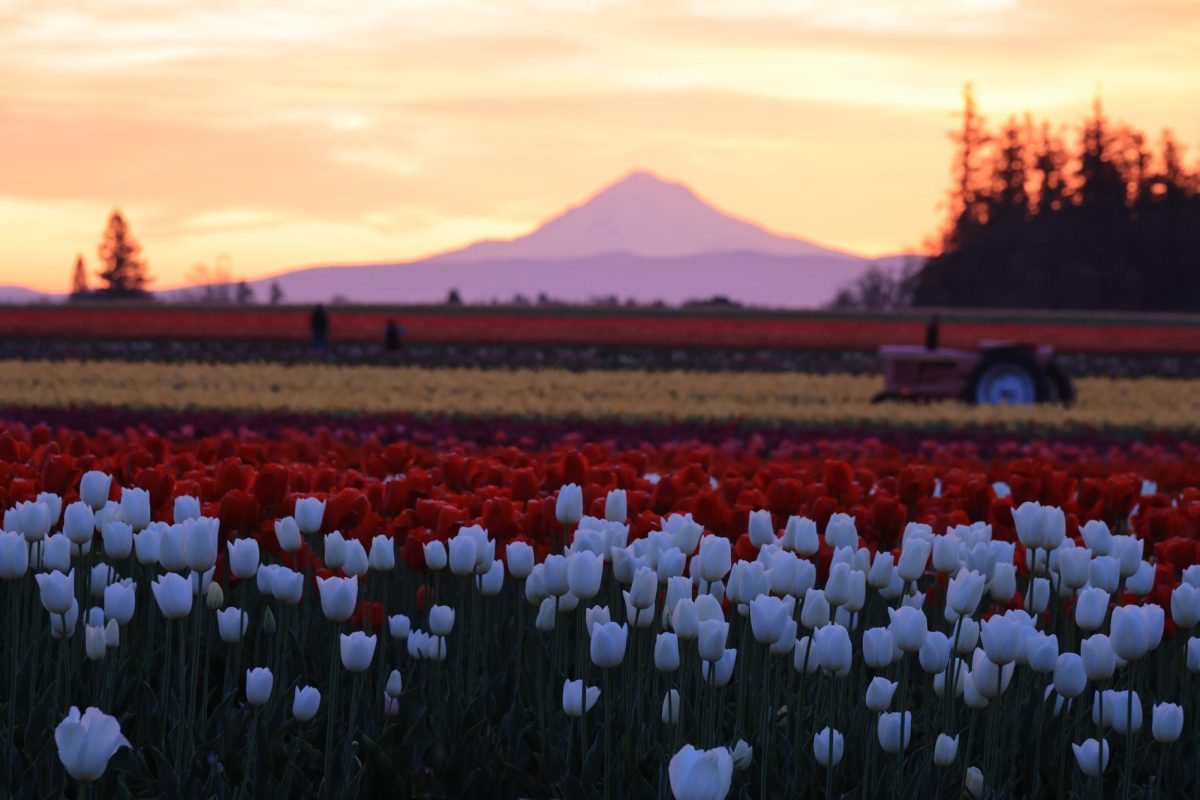
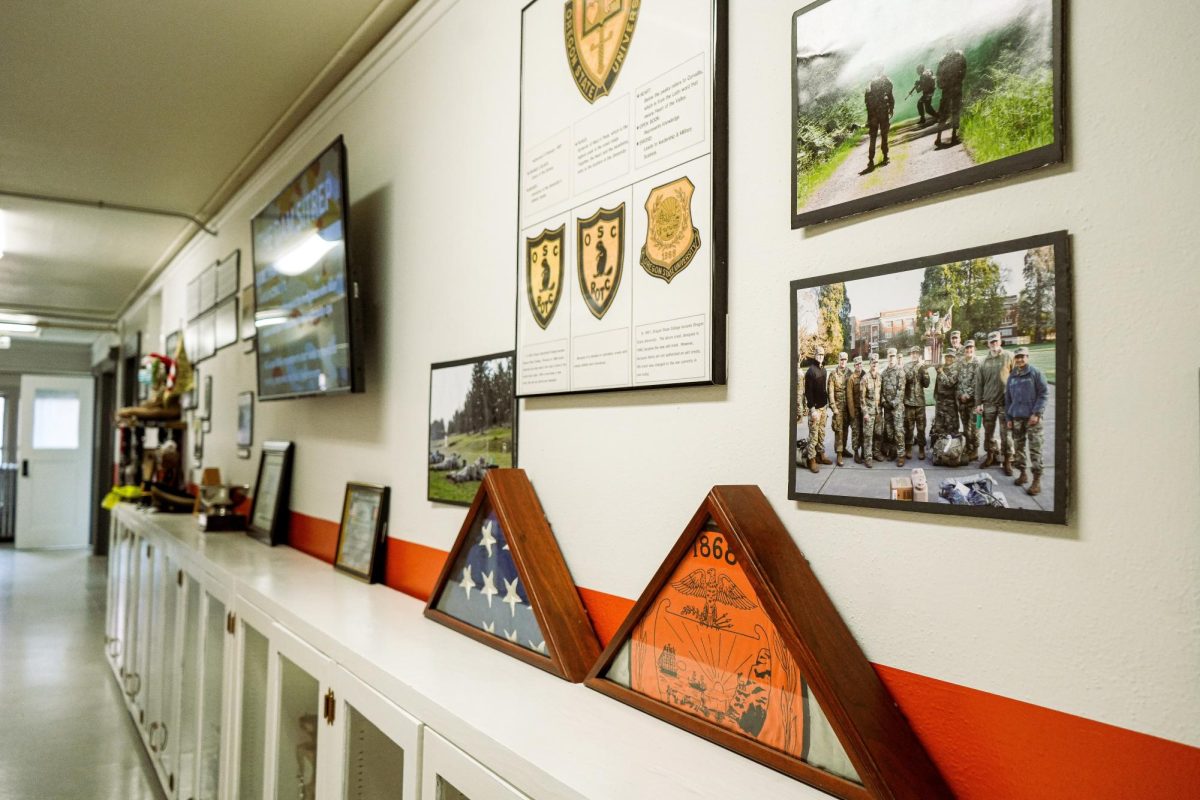
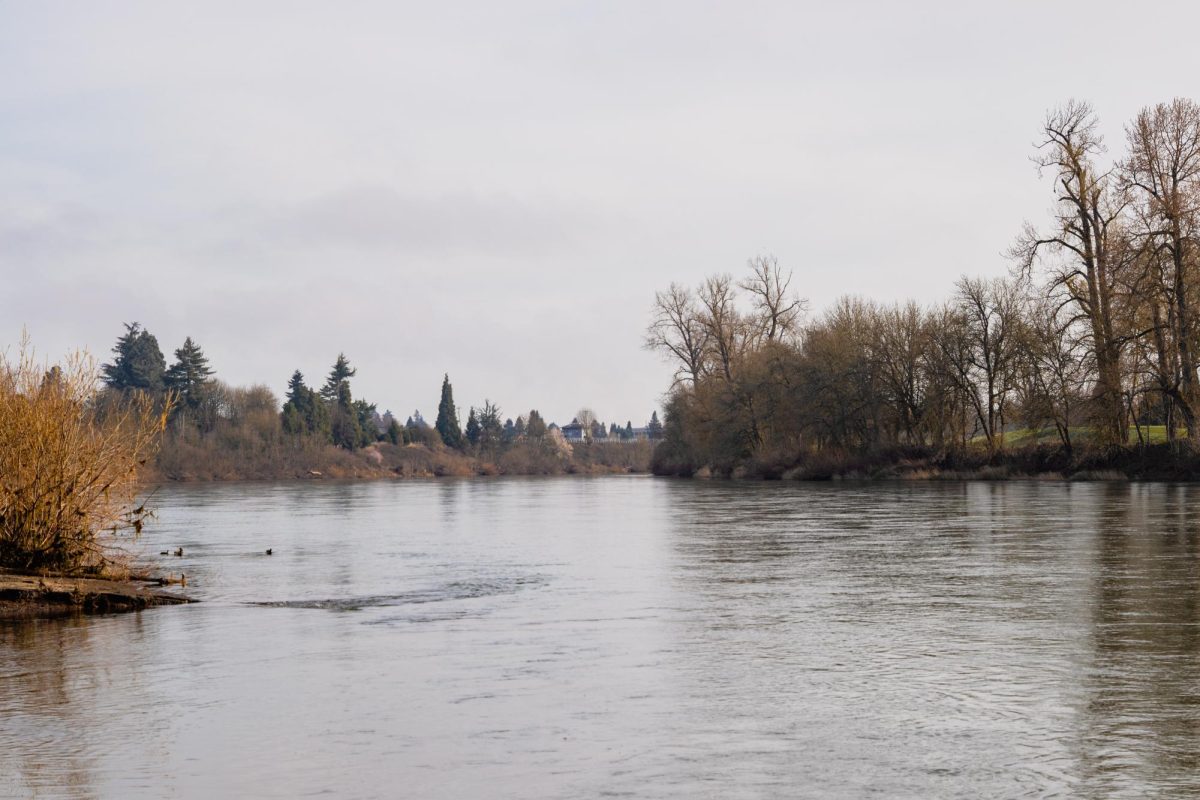








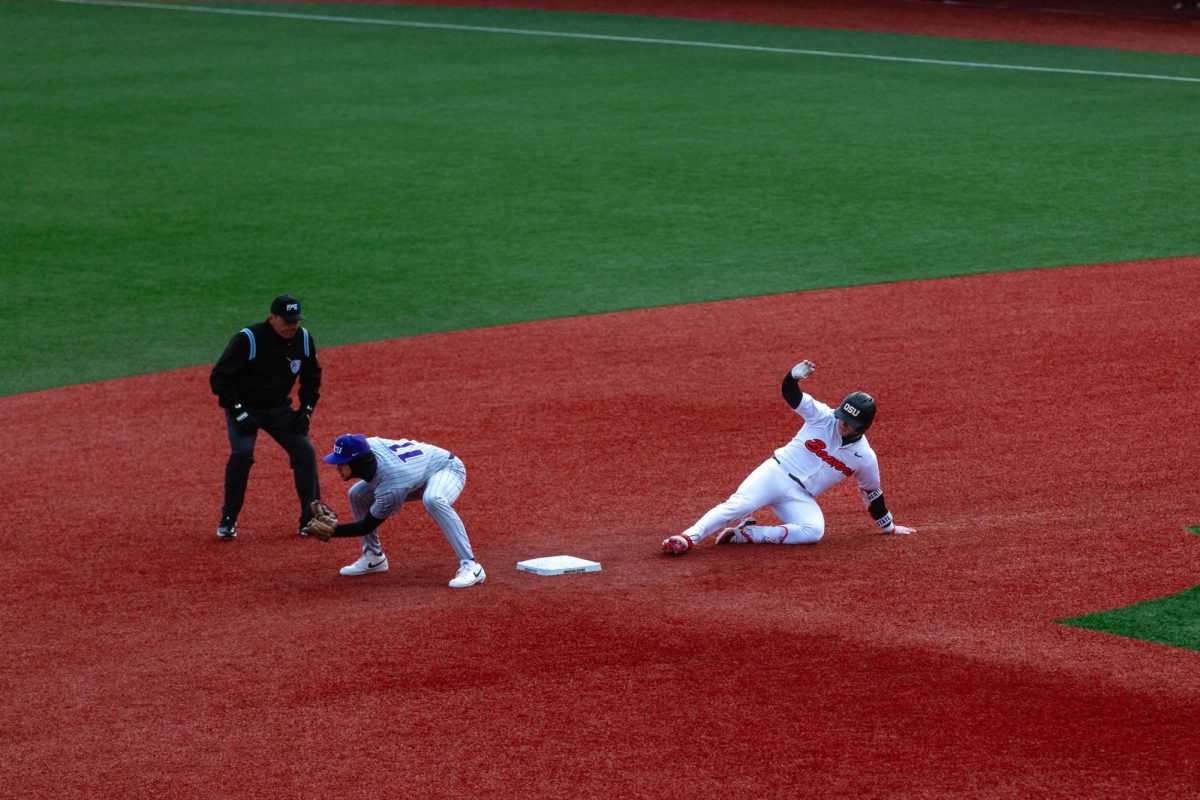
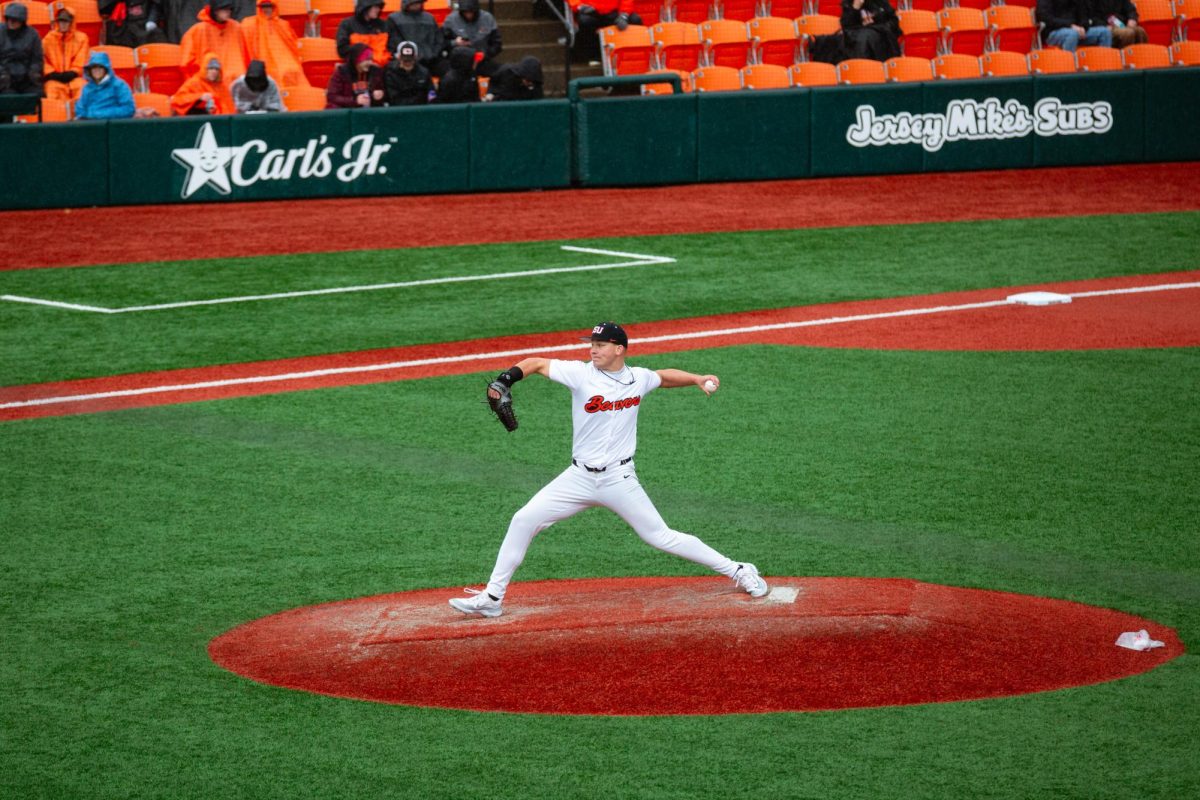


























































![Newspaper clipping from February 25, 1970 in the Daily Barometer showing an article written by Bob Allen, past Barometer Editor. This article was written to spotlight both the student body’s lack of participation with student government at the time in conjunction with their class representatives response. [It’s important to note ASOSU was not structured identically to today’s standards, likely having a president on behalf of each class work together as one entity as opposed to one president representing all classes.]](https://dailybaro.orangemedianetwork.com/wp-content/uploads/2025/03/Screenshot-2025-03-12-1.00.42-PM-e1741811160853.png)























